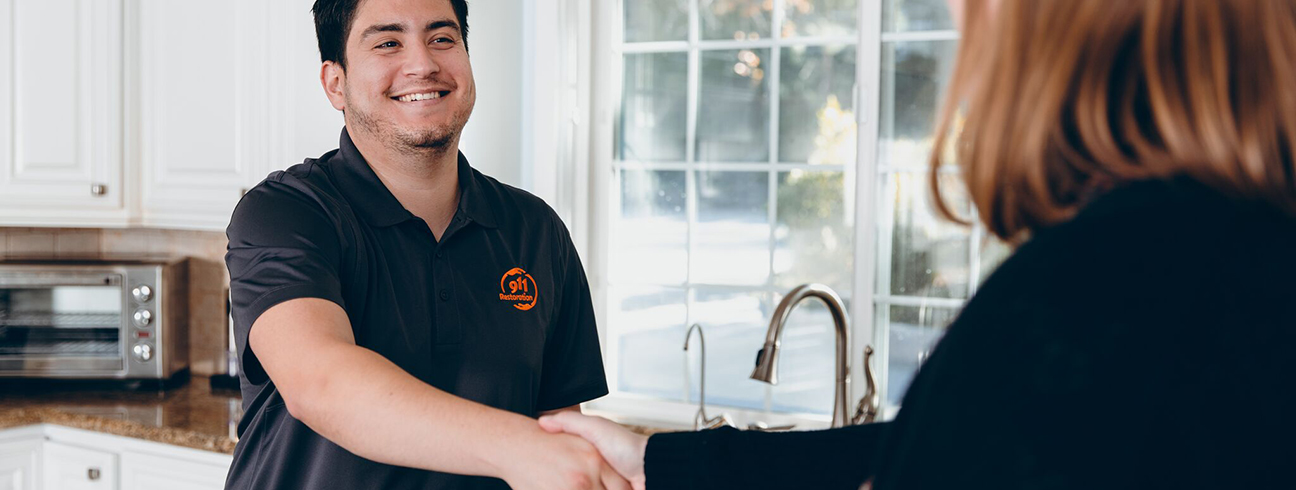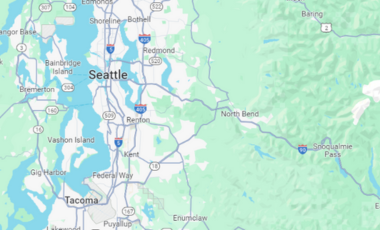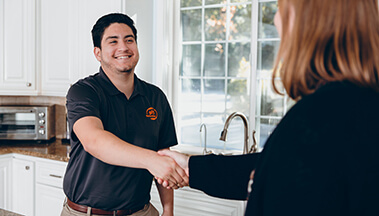Mold Inspection Services
Since mold occurs naturally in our environment, its presence in your home or business may not pose a threat. But since mold, mildew and other indoor environmental impurities can be dangerous at high concentrations – or even at low concentrations for people or pets with unusually high sensitivity – it’s important to consult a professional mold inspector if you suspect a mold-related problem.
The mold inspector will first conduct a visual assessment to determine the extent and likely type of mold growth on the property. Mold is often found in less accessible areas with poor air circulation such as crawlspaces, basements and attics, so a thorough and methodical visual inspection can yield surprising results.
The mold inspector will also look for signs of past or ongoing water damage, since moisture is essential to mold growth. This often requires specialized equipment to take accurate moisture readings in both affected and unaffected areas without damaging building materials.
MOLD INSPECTION, MOLD SAMPLING & MOLD TESTING
In cases where air quality is likely compromised – or where visual inspection points to a possibly dangerous amount or type of mold growth – mold sampling and third-party laboratory testing can provide further insight for developing a safe and effective mold remediation plan.
Mold sampling involves gathering air and surface swab samples from both affected and unaffected areas for detailed third-party lab testing and analysis. Mold testing is how we identify the specific types of mold, mildew, and other microorganisms present and compare their concentrations to “control” levels both inside and outside the structure.
MOLD CLEANING & MOLD REMEDIATION
Where mold is determined to be a significant problem – either due to its extent, toxicity, or the tolerance of the affected property’s inhabitants – professional mold remediation is how we ultimately resolve it. Typical mold remediation projects involve a combination of these procedures:
- Moisture mitigation to address the cause of mold growth
- Site preparation and containment to prevent cross-contamination
- Structural drying and dehumidifying
- Mold removal and cleaning – which may include HEPA vacuuming, scrubbing, sanding and surface disinfection
- Safe disposal of any mold-damaged materials or contents
- Sealing and/or encapsulation to help prevent future mold problems
- Final Mold Clearance testing
GET HELP NOW
911 Restoration is a leading provider of mold inspection, sampling and remediation services. Our IICRC certified mold experts will first help you understand your mold problem, and then work to develop a safe and effective plan to address it.
Call us today to schedule an on-site professional mold inspection.











